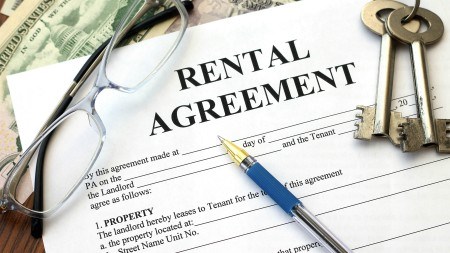If a landlord finds themselves in a situation where the tenant hasn’t paid their rent on time, it’s best to take action as soon as possible.
The first of the month has come and gone, but there’s still no sign of the rent. The tenant is either not responding to your calls or is coming up with a multitude of excuses as to why he can’t pay the rent and makes endless empty promises as to when the payment will be made.
Unfortunately, many landlords do allow things to slide and before they know it, the tenant is drastically behind in the rent and the debt is growing by the day.
Landlords aren’t necessary a heartless bunch of individuals, but they, like the tenant, have expenses which need to be paid regardless of whether they receive the rental payment or not. Renting out property is a business and although a landlord may sympathise with his tenant, most cannot afford to allow a non-paying tenant to remain in the property indefinitely.
The three different types of defaulting tenants
Defaulting tenants basically fall into three different categories: those who consistently pay late or skip the odd month completely; those who don’t pay at all; and those who only slip up on the odd occasion. Most of us have cash flow issues from time to time and landlords shouldn’t generally worry when a solid tenant pays a few days late now and again. However, they should be very concerned if a tenant consistently disregards the payment terms of the lease.
Tenants need to understand that the lease has to be adhered to and that steps will be taken if they are in breach.
The big question is: when should landlords take action?
Giving a tenant a little leeway is one thing; allowing them to abuse your generosity is quite another and unfortunately this is what happens in many instances. For some reason defaulting tenants often take the view that the landlord has to be sympathetic to their circumstances - after all its not their fault they lost their job, crashed their car or had to pay other outstanding accounts. Regrettably, it doesn’t matter what the reason, the landlord needs to be paid.
What action to take with defaulting tenants
The sooner action is taken the better and for that reason the landlord should write to the tenant as soon as it becomes apparent that the rent hasn’t been paid. The letter should note that payment hasn’t been received and that the tenant has a certain number of days in which to rectify the matter. This usually indicates to the tenant that the landlord means business and most will pay up or make a suitable arrangement before the matter goes any further.
However, there are exceptions and in these instances landlords have to take further action, again sooner rather than later. The next step, if a tenant does not respond or pay the outstanding amounts, is to issue a 20-day notice (in terms of the CPA) stipulating that the lease agreement will be cancelled if all outstanding payments are not received within the stipulated time. If no payment is forthcoming a landlord may now issue summons. If the tenant fails to respond to the summons the landlord is legally entitled to cancel the agreement and contact an attorney to start the eviction process.




